Search
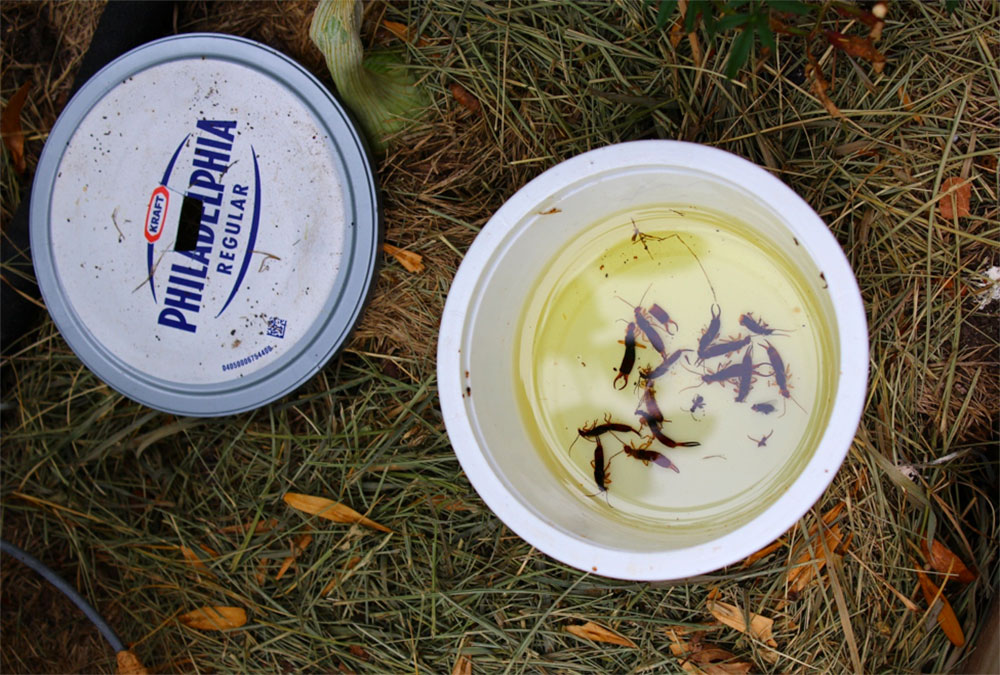
Earwigs in the Garden: Less-Toxic Control Alternative
Since earwigs provide some ecological service as natural enemies, I hesitate to recommend a pesticide application to control it. As an alternative least-toxic solution, bait trapping the earwigs should work to reduce the insect’s population to the non-threatening levels.
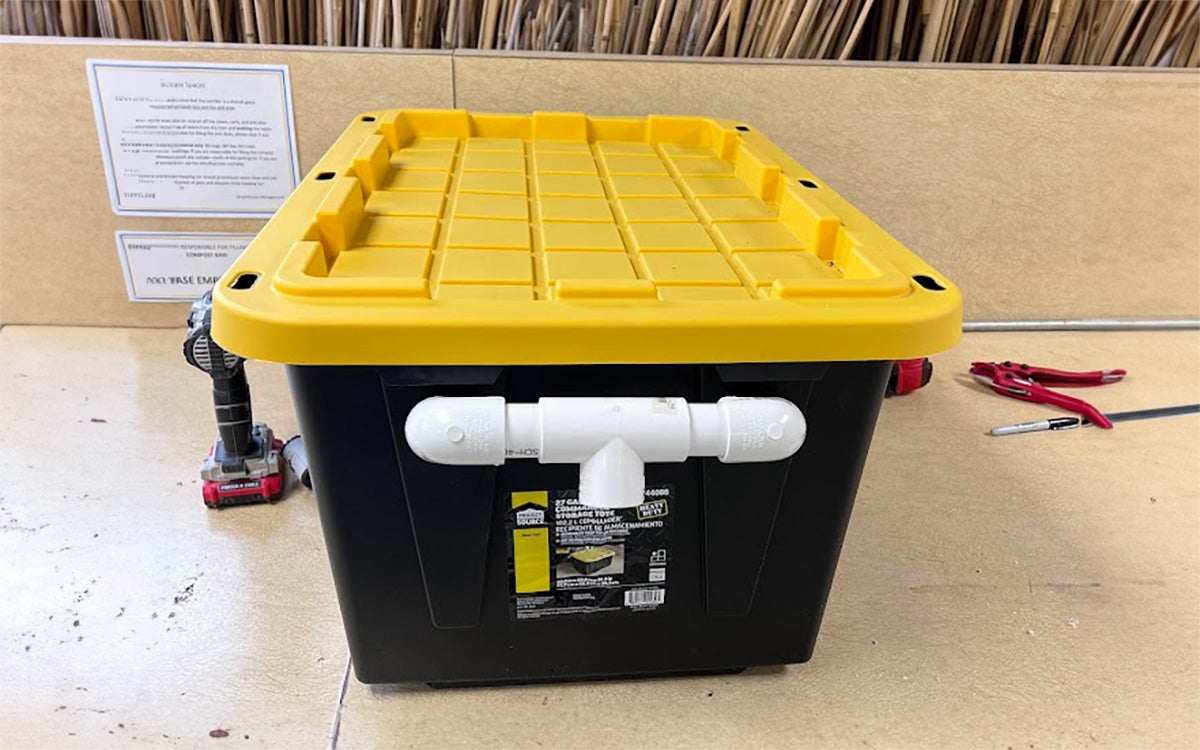
Insect Bioconversion: How to Compost With Black Soldier Flies
Much like composting, black soldier flies can be used in a rearing container to convert organic matter into nutrient-rich food, which can then be used in your garden. Learn how to construct a rearing container with this step-by-step guide!

2019 Wheat Field Plot Trials Summary: Fungal and Bacterial Disease Trials
This publication provides a summary of wheat trials conducted in 2019 to determine efficacy of various products in managing wheat diseases.
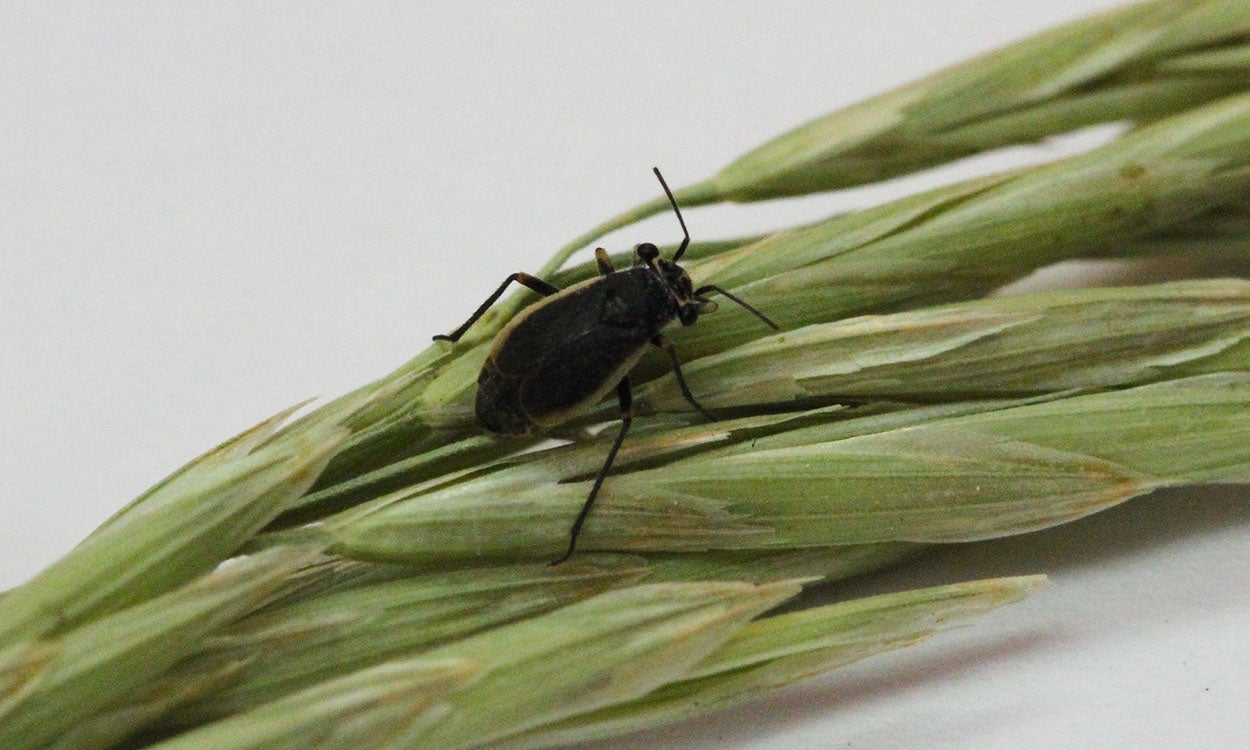
Time to Start Scouting for Black Grass Bugs
In central and western South Dakota, black grass bugs are a common spring forage pest that can cause considerable damage during periods of drought. Learn how to monitor and manage this pest to protect your forages this spring.
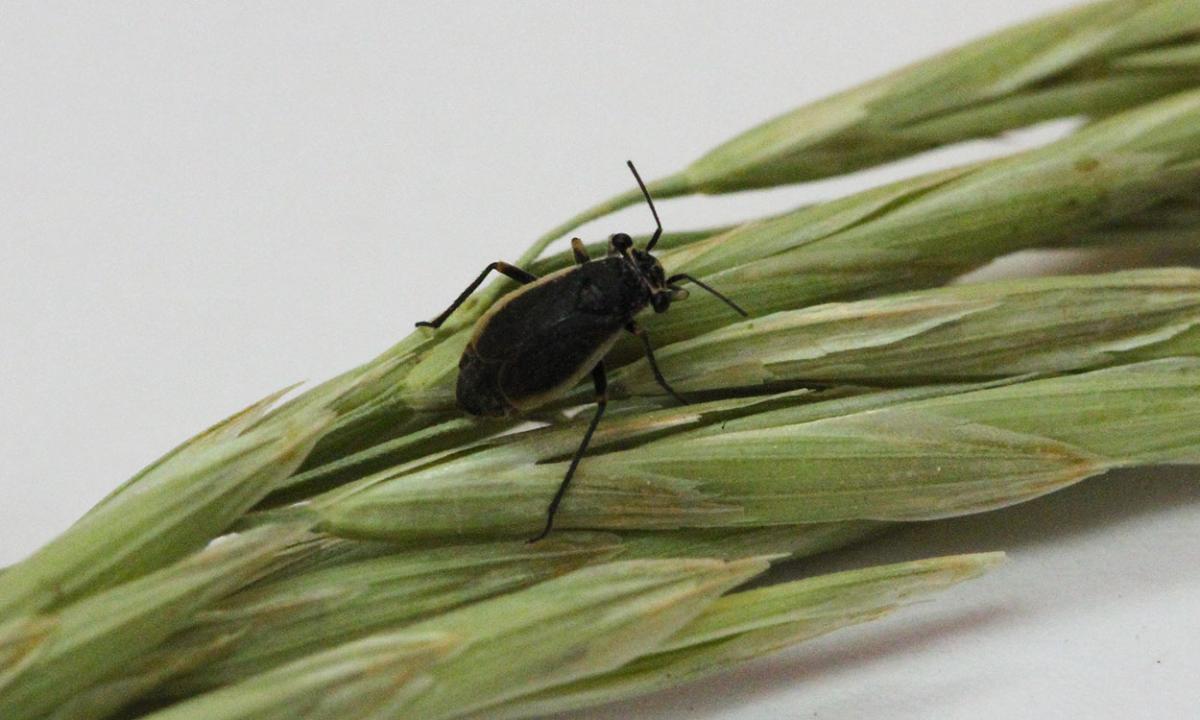
Keep an Eye on Black Grass Bugs This Spring
In South Dakota, black grass bugs are a common spring pest of forage grasses. This native insect first appears in late April and May when grasses emerge from dormancy.

Tulips Bring Early-Season Color to the Garden Each Year
Nothing says “spring is here” quite like the annual tulip bloom! Late April and early May are great times to enjoy a wide pallet of colors and textures presented by over 100 known species of garden tulips.

SDSU Extension Professionals Honored for Accomplishments
November 10, 2020
SDSU Extension professionals were recognized for a variety of achievements at the annual Fall Conference held virtually October 28-29.
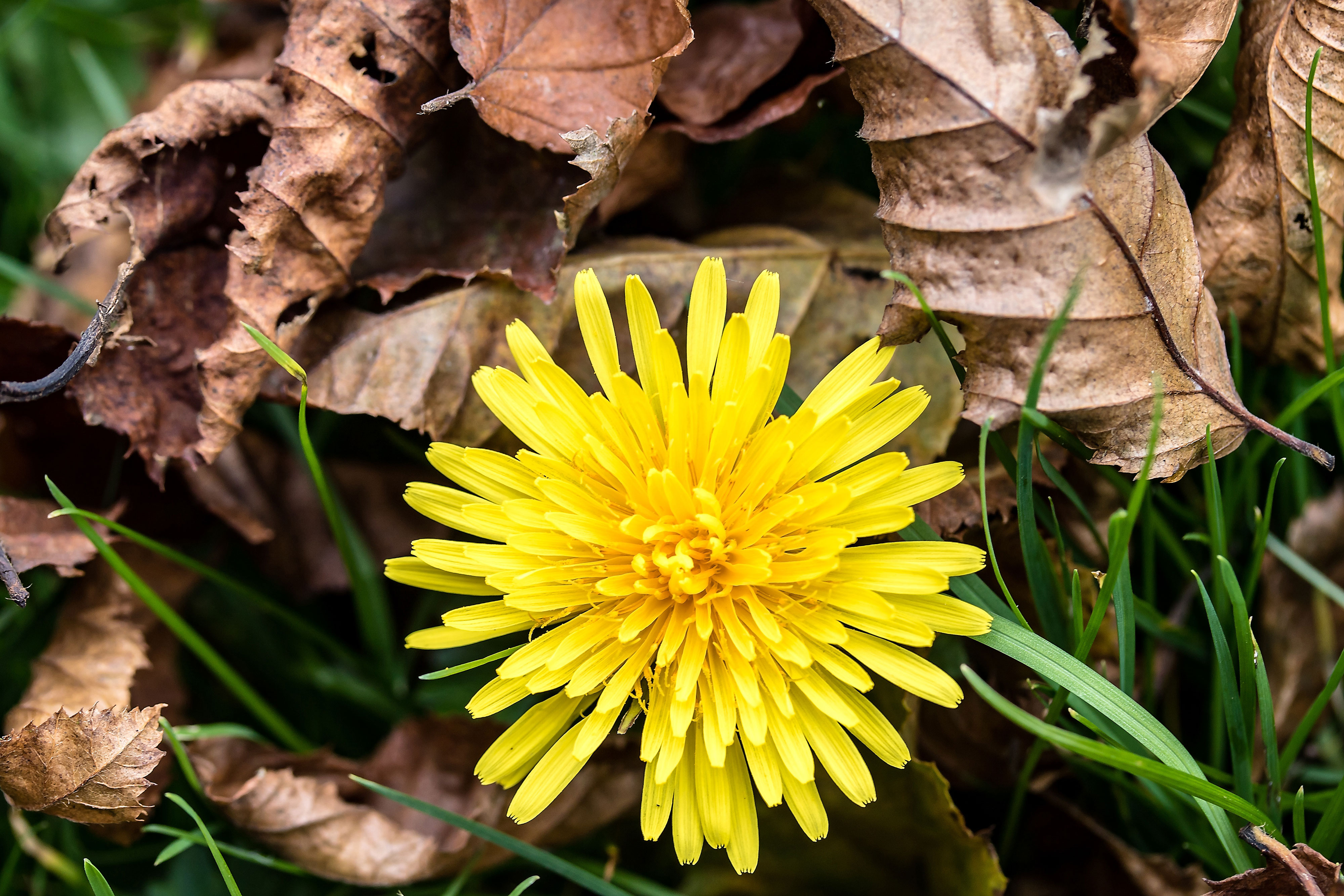
Fall Lawn Weed Control
Fall is the time to control tough perennial broadleaf lawn weeds. The target weeds in the fall are dandelion, ground ivy, creeping bell flower, field bindweed and white clover.
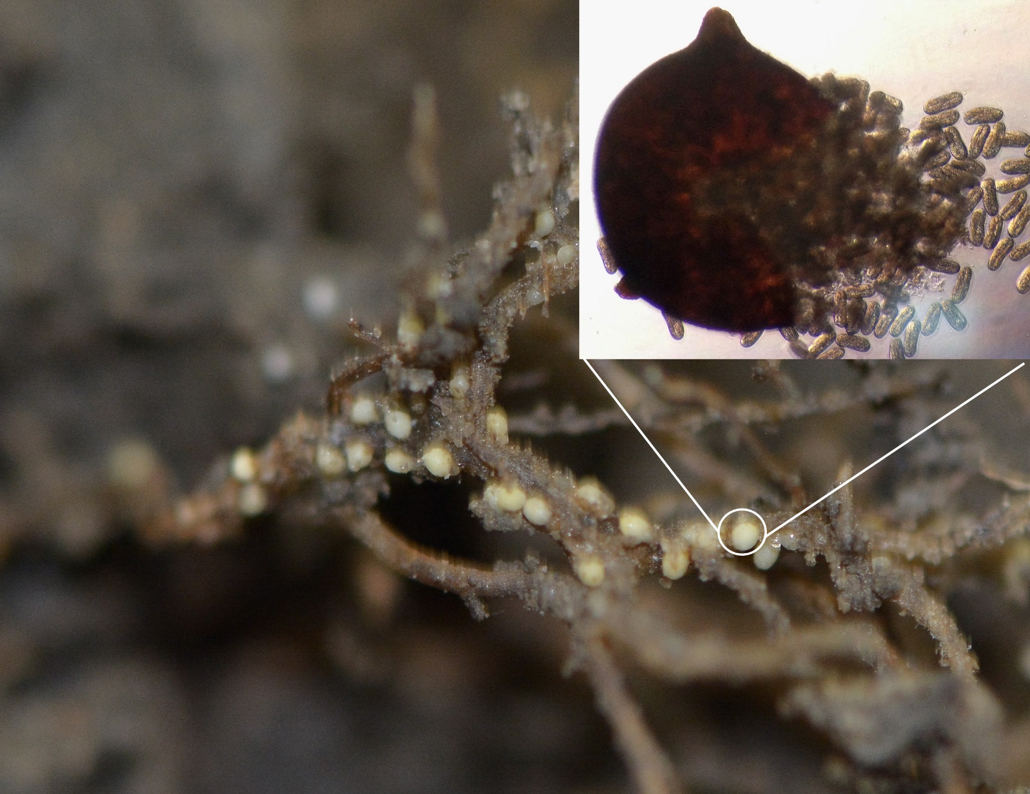
Fall is a Good Time to Test Your Soil for SCN
Is your yield monitor indicating low yielding areas in your soybean field? Soybean Cyst Nematode (SCN) could be the problem. Get to the root of the problem by testing your soil for the soybean cyst nematode. SCN management starts with a soil test to determine the presence or absence of this nematode in the soil. Absence may indicate either the SCN has not established in the field or could be present in non-detectable levels.
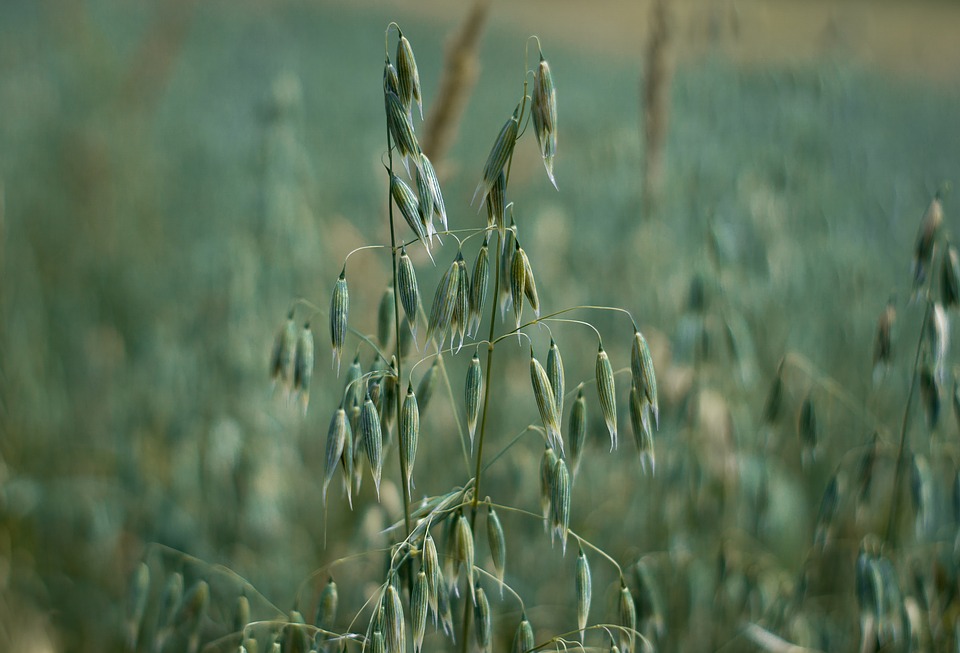
2020 Plant Disease Summaries for Small Grains
A number of field trials were implemented in the 2020 growing season with the general objective of assessing various disease management practices suitable for South Dakota growers and the Great Plains.